The challenge

Urban Cleanup & Energy
Home
The Challenge
Methane
Our Solution
About us
News
Join us
© Copyright – Harvest Waste | Home | Privacy and cookies notice
As our population grows to 9.7 billion, we will produce an estimated 70% more waste by 2050. And while more than one-third of waste in high-income countries is currently treated and reused, over 90% of waste in low-income countries is left untreated, ending up in landfills or open dumps. The methane emitted by these landfills is a powerful greenhouse gas with a global warming potential 84 times that of CO2 (in a 20-year time horizon), fast turning untreated waste into one of humankind’s greatest threats.
The need for efficient, sustainable waste solutions is most acute in areas where waste management systems are not properly developed or cannot keep up with the amount of waste produced per capita. This is most visibly in developing countries, for instance in South East Asia and Sub Saharan Africa. But also in the US and Eastern Europe waste is becoming a bigger environmental, societal and political problem. Often waste management systems are outdated and urban populations are producing more waste than can be sustainably processed locally.
Time for change!
In many developing countries, the majority of urban waste ends up in uncontrolled landfills or open dumps. These landfills are dangerous to local communities in a number of ways:
Firstly, degrading waste produces the dangerous greenhouse gases (GHG) methane and carbon dioxide that cause air pollution and speed up global warming. Toxic waste materials also leach into waterways, polluting rivers, oceans and aquifers. Along with nuisances such as flies, odours, smoke and spontaneous fires, uncontrolled landfills and open dumps pose a substantial public health risk.
The informal waste picking sector is an uncontrolled industry where the very weakest groups of society scour landfills to try to make a living.
Often informal waste pickers are women, children, unemployed or disabled and the work is not without danger. They are working without adequate PPE (Personal Protective Equipment) and are at risk of injury. Perhaps more worryingly, COVID-19 contamination risk is high as they sort through rubbish which often includes face masks and other medical waste.
Uncontrolled waste management systems cause leakages to the environment including, plastics and heavy metals ending up into rivers and the ocean.
Uncontrolled fires from waste dumps and landfills emit toxic fumes as dioxins, furans and heavy metals into the air which will rain out over fertile soil, rivers and oceans. These pollutants enter the food chain via small organisms or are consumed by fish.
of global emissions are generated from solid waste management, excluding transportation.
of waste in low-income countries is dumped or burned – missing potential income through recycling & energy production
of the 19m+ workers in the waste industry are informal workers.
An improved waste management system is an often overlooked but powerful tool for massive societal and environmental impact, especially in developing countries. Establishing cleaner alternatives to uncontrolled landfills can help put the brakes on climate change and sustain life on this planet for future generations.
Find out how